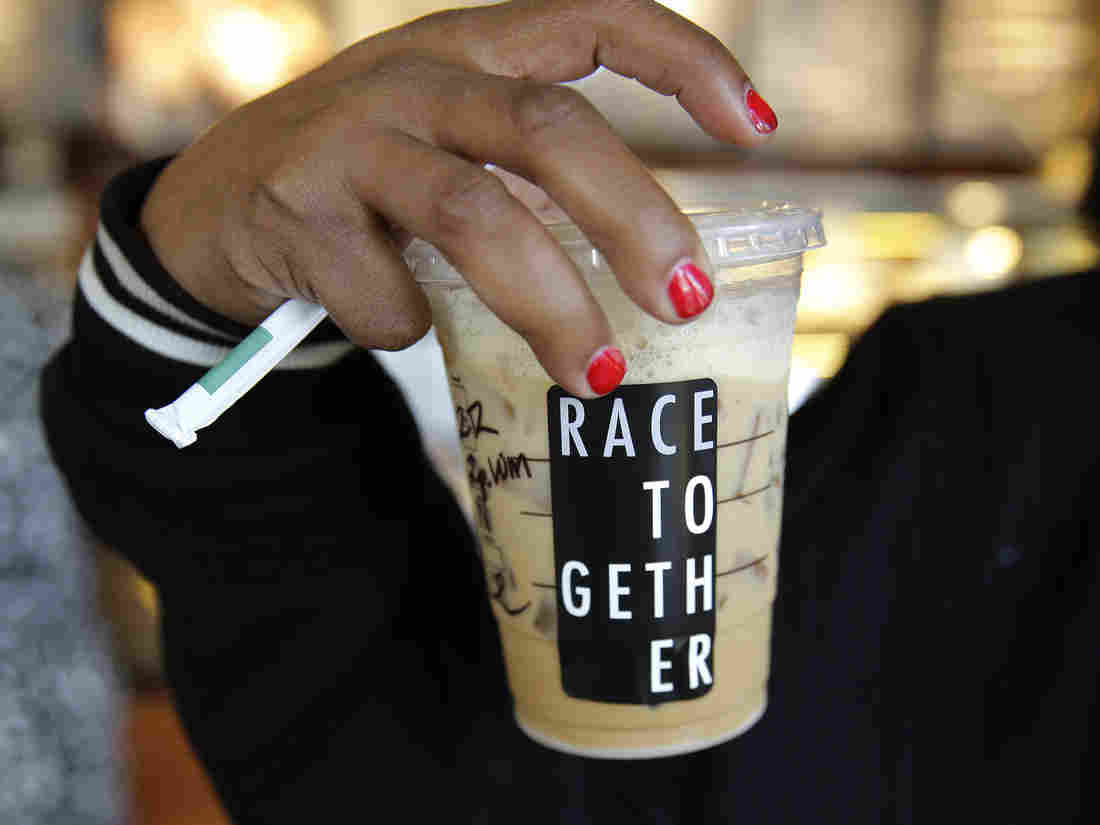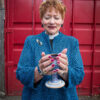 What about those people at Starbucks? If you read the news, http://www.nbcnews.com/news/nbcblk/essay-so-black-guy-walks-coffee-shop-barista-bye-n325871, or http://www.nytimes.com/2015/03/19/opinion/charles-blow-stop-playing-the-race-card-card.html, or http://www.nytimes.com/2015/03/19/business/starbucks-race-together-shareholders-meeting.html?mwrsm=Email, or http://www.theroot.com/blogs/the_grapevine/2015/03/awkward_cbs_host_assumed_jay_smooth_was_co_opting_blackness_until_he_said.html or Twitter, or listen to the radio, or watch television, you discovered things were heating up. I felt like Joni Mitchell in her song California, “Sitting in a park in Paris, France, Reading the news and it sure looks bad, They won’t give peace a chance, That was just a dream some of us had…”
What about those people at Starbucks? If you read the news, http://www.nbcnews.com/news/nbcblk/essay-so-black-guy-walks-coffee-shop-barista-bye-n325871, or http://www.nytimes.com/2015/03/19/opinion/charles-blow-stop-playing-the-race-card-card.html, or http://www.nytimes.com/2015/03/19/business/starbucks-race-together-shareholders-meeting.html?mwrsm=Email, or http://www.theroot.com/blogs/the_grapevine/2015/03/awkward_cbs_host_assumed_jay_smooth_was_co_opting_blackness_until_he_said.html or Twitter, or listen to the radio, or watch television, you discovered things were heating up. I felt like Joni Mitchell in her song California, “Sitting in a park in Paris, France, Reading the news and it sure looks bad, They won’t give peace a chance, That was just a dream some of us had…”
Joni Mitchell was reading about the escalation of the Viet Nam war and I was reading about the mostly liberal reaction to the story of Starbucks decision to allow its employees to engage customers on the topic of race relations in America. “Reading the news and it sure looks bad.” The reaction has been mostly along the lines that the campaign is tone-deaf, driven by corporate greed, ill-advised, and intrusive. I have also heard a lot of this kind of remark: “I certainly don’t want to discuss race with some barista!” I think those remarks bothered me the most.
Not every person getting coffee at Starbucks is a type-A personality in a rush to make another million dollars. Some folks come through for a taste of what passes as their engagement with a community.
While Starbucks may not serve as the great social and cultural gathering place as the London coffee houses of the 18th century they are for many places of convivial enjoyment. I am willing to take Starbucks CEO Howard Schultz remarks about why he wanted to move ahead with this campaign at face value. Sometimes things have to begin with an awkward and perhaps even naïve gesture. Most of us, who are beginning at a place of privilege, are awkward and naive when it comes to race relations. Starbucks may not be the perfect environment for this dialogue. But why not let this dialogue take place in the marketplace? Let’s not allow the perfect to be the enemy of the good or even the barely passable.
Can you imagine Starbucks as the American agora? It is generally an over-priced invention to create an environment where the economy benefits from consumers availing themselves of the well-established trend for small indulgences. Perhaps societies get the agora they deserve. Debased as it may be for some, for many Starbucks, is a version of the agora. In ancient Greece you had to be a free-born male land-owner who was a citizen to speak your mind in the marketplace. Starbucks has an entry level of $1.65 for a “short” small drip coffee and you’re part of the club.
As I mentioned a major stumbling block in the minds of many of the critics is the reluctance to talk about race with a barista. This betrays for me the profound impact of perceived class distinction that lurks behind white privilege. Jesus was all about turning privilege on its head and he enlisted the unlikely for the task. I can hear some busy Pharisee hurrying to the temple exasperated and saying: “I’m not talking about salvation with some fisherman!” Jesus was out where people were working, eating, and gathering together. The Jesus that I know were he roaming around today would have probably not only been having office hours at Starbucks but would have called over to the barista, “Come follow me and help me serve some grande good news to these people in line.” Meanwhile I’m over at the table in the corner, “Reading the new and it sure looks bad.”





